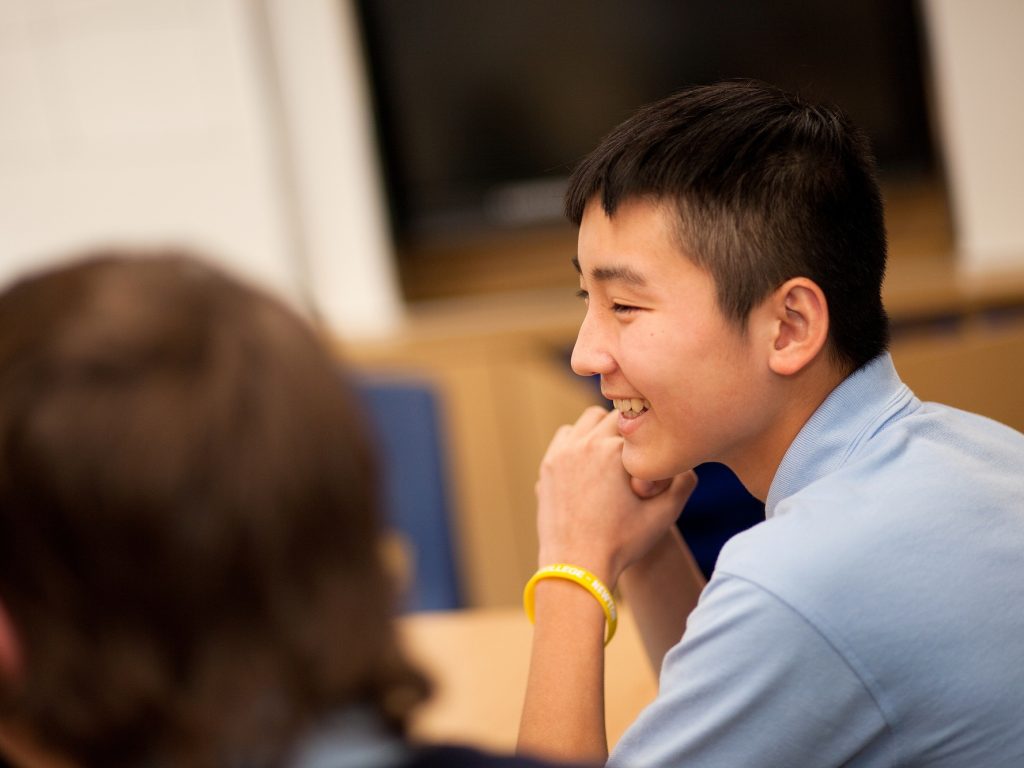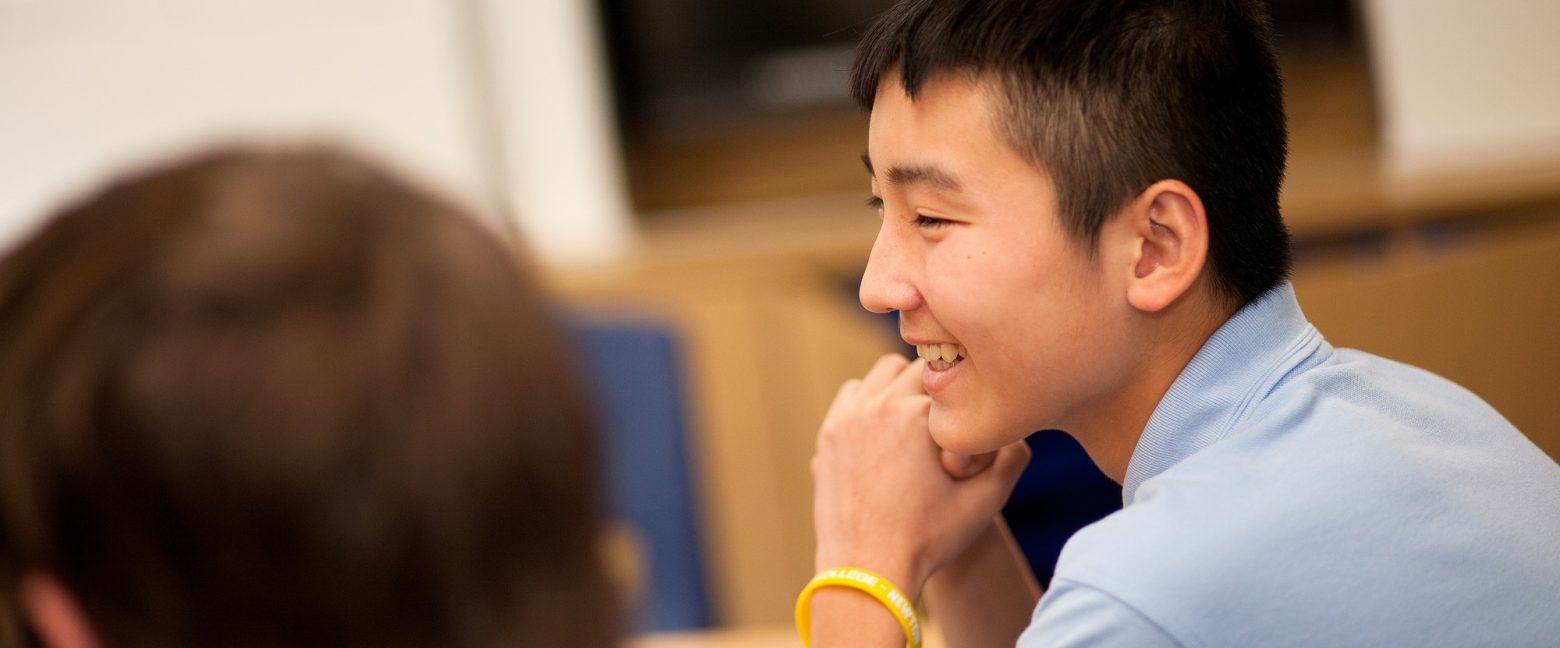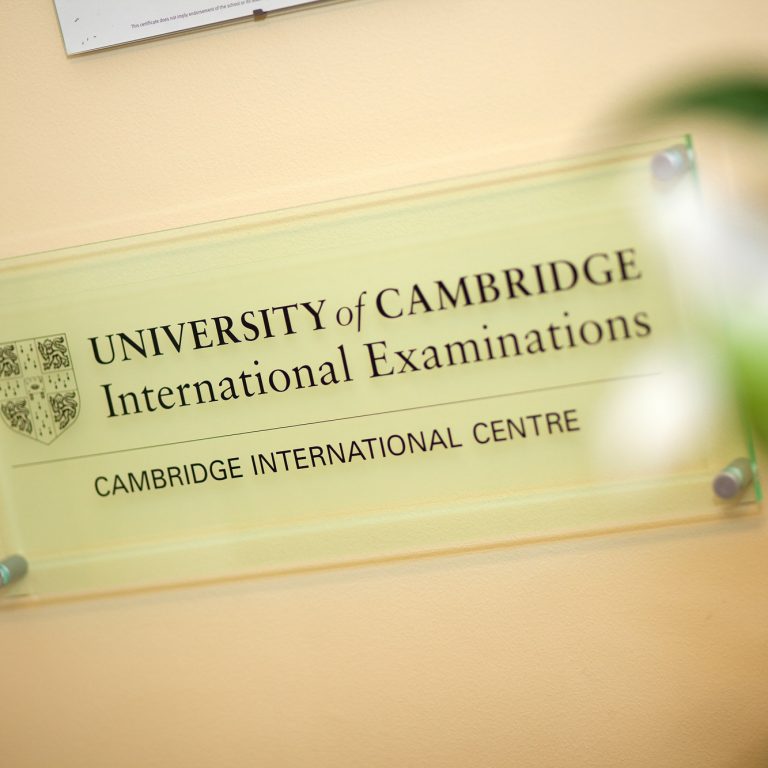The academic leadership team at IFE’s schools regularly publish articles on topics relating to preparation for boarding school and university entry, combining their extensive experience in the independent schools sector. Recent articles are included here.
Publications

Helping International Students Excel in British Schools
The benefits of a British education and the opportunities it brings are well known throughout the world. But it’s not just the traditional public schools such as Harrow, Eton etc., whose reputations and successes are being promoted internationally. The market for a British education is expanding and has been for some time, with students applying to UK schools from an array of countries, backgrounds and cultures. Of course just like domestic applicants, not all of these international students are successful, but in many instances this isn’t because they lack the knowledge, talent or drive required to be a top student. It is because British schools are looking for skill sets that international students do not always show on paper or in interview. International Study Centres such as Bishopstrow College recognise this, having identified the skills and knowledge required for an international student to be successful, and deliver courses that enable these students to adapt and excel in British schools.
The most noticeable issue, and certainly the most imperative, is English. The necessity of competency in the language becomes much more of an issue as students enter Year 9 and Year 10, when they begin to study GCSE level courses and prepare for exams. The demands are even greater for those wishing to enter further education, with sixth forms requiring a much higher level of proficiency in the language. At most entry points, these skills will need to be tested and sometimes backed up by a certificate from one of the many Cambridge English exams. This is why at Bishopstrow, approximately 50% of a student’s timetable is dedicated to the study of English.
However, only a few hours are given to what is called, ‘general English’. This is the English language presented in everyday contexts, with topics and vocabulary of use to students as part of life; common greetings, ordering in a restaurant, narrative structures etc. The rest of our English language timetable provides the language and skills needed for survival in school.
An important area is ‘academic English’, the study of reading and writing academic texts, listening to lengthy discussions on topical or specialist subjects, delivering presentations or taking part in debates. Essentially, this is the delivery of an English programme but within the context of education. A student at Bishopstrow not only learns the language, but also learns the techniques required to plan and structure an argument, identify facts and opinions in reading texts, and follow a speaker’s line of argument. Students cover the skills necessary to learn independently, such as how to effectively record vocabulary, ‘guess’ unknown words in a challenging text, and proof read their own work to correct errors and learn from them.
It is often the case, however, that the study of English is often seen as distinct from the study of other subjects. Students may be able to develop a strong argument on paper in their English lessons, but when it comes to their History assessments, do not apply these techniques and produce incoherent or poorly presented answers. The curriculum at Bishopstrow solves this problem by dedicating a section of its English teaching remit to subject support, a form of content and language integrated learning. In these lessons, teachers will recycle the skills covered in English lessons, but within the context of the other subjects taught, such as History, Geography, Science and Business Studies. A lesson on comparatives and superlatives becomes a comparison of education now and education in the Victorian era. A language focus on staging words and cohesive devices is coupled with the description of a science experiment, or the recruitment process. These sessions highlight links between what students are learning about English and how they can use this in subject lessons, encouraging students to take these skills and apply them to their learning across the curriculum.
At the end of their course, Bishopstrow students are much more prepared to begin studying in an English language environment, having been equipped with the expertise required to be an effective student, as well as the language used to deliver subject content. Combine this with six hours a week of coaching in traditional English sports, a broad programme of art based activities and cultural excursions, and the experience of living the life of a boarding school student. The result is an independent learner with a well-balanced range of interests, knowledge and experience of the boarding routine and rules, and a set of key skills that boarding schools are looking for in their future students.
About the author: Chris Lewis is Director of Studies at Bishopstrow College, a leading, independent International Boarding School, offering English language and academic pathway programmes to prepare international students, aged 7-17 years, for entry into top boarding schools.
Impact of A Level Reforms on International Students
Why were the reforms introduced?
The changes made to AS and A Level qualifications reflected a need to ensure that students have a successful transition to higher education – universities are more proactively involved in AS and A Level course development.
The key factors addressed included subject content, skills acquired and how students are assessed.
The new AS and A Level courses focus more on developing the important skills required for higher education and beyond, including in-depth research, finding sources, essay writing and referencing, problem solving, analysis and critical thinking.
What changed?
The new A Levels are fully linear. This means that all AS and A Level exams are now at the end of the course – typically one year for AS and two years of study for A Levels. There are no exams in January.
Assessments now take place at the end of the two-year course and are predominantly external, through external examinations, with other forms of assessment used where needed for particular skills. Question types have been improved – there is more focus on synoptic questions which explore students’ overall knowledge on a subject, rather than just focus on individual elements. There is also more variety in the types of questions – e.g., multiple choice and extended essay questions – and a movement towards including questions that relate to the professional world.
AS qualifications no longer count towards the final A Level (A2) grades – they are separate qualifications in their own right. There are therefore now three distinct qualifications: GCSE, AS and A Level – grades given for each are separate.
- AS Levels are longer be equivalent to 50% of an A Level. When applying to university under the UCAS tariff, an A Level A Grade is worth 48 points and an A Grade in AS is worth only 20 points.
- Grade systems remain unchanged: A* to E for A Level and A to E for AS Level.
- Historically, predicted grades for university applications were based on AS Levels. With AS exams now phased out, universities are focusing on GCSE results, their own testing systems and of course, A Level predictions.
- Excellent GCSEs are now not only a gateway to sixth form studies, they now indicate to universities a student’s aptitude and potential capability as an undergraduate.
The reforms were introduced over a three-year roll-out plan, with different subjects reforming at different times. Many independent schools have switched to offering only three A Level subjects, plus an additional project or assignment – e.g., EPQ. Some schools and colleges continue to offer AS Levels.
Subject Content – Examples of Changes
- Strengthened mathematical and quantitative content in Biology, Business, Chemistry, Computer Science, Economics and Physics.
- A significant overhaul of content in Computer Science, with a greater emphasis on programming, algorithms and problem solving.
- Greater emphasis on drawing in Art and Design.
- Increased breadth in History, through a requirement to study topics from a chronological range of at least 200 years.
Skills Acquired
The main reason behind the A Level reform is the fact that universities have stated that students do not think for themselves and that A Level teaching had become a process of training students to ‘jump through assessment hoops’.
To prepare students effectively for linear courses with terminal subject assessment, schools and colleges have had to reflect upon and revisit their philosophy relating to teaching. Specifically, schools and colleges now need to teach students to be critical, reflective enquirers and learners. A major part of their role is enabling students to have the tools they need to find answers for themselves and stimulating them to begin thinking more deeply and critically about ideas and arguments.
Teaching students to think for themselves is not an alternative to preparing them for tests. It is actually the fundamental way of equipping the individual to face the demands of their assessments and examinations. In most of the new linear examinations, marks are available to the candidate who can impress an examiner with an answer which shows real depth of focused understanding. The best way for schools and colleges to prepare students to produce such answers is to teach them to think well.
How students are assessed
- Assessment in Biology, Business, Chemistry, Economics, Physics, Psychology and Sociology are 100% by examination.
- In Biology, Chemistry and Physics, there is also a separate assessment for practical skills. This is a pass / fail assessment and does not contribute to the final A Level grades awarded.
About the author: Lorraine Atkins is Principal at Padworth College, a leading, independent boarding and day school, offering academic pathway programmes to prepare students, aged 13-18 years, for entry into top universities.




